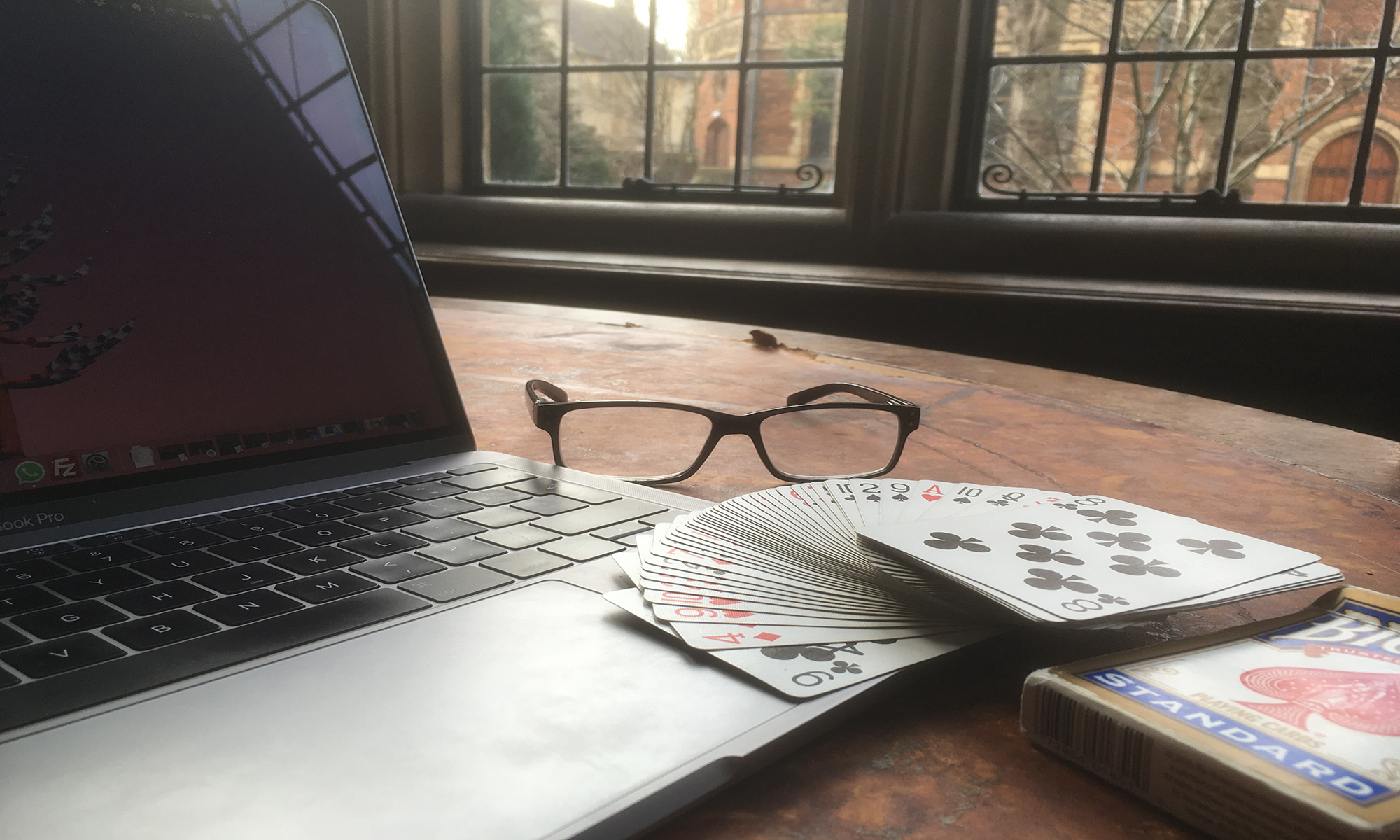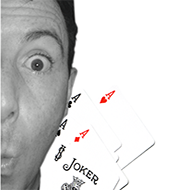
“Pardon?”
I grew up in a quiet family. No shouting, no conflict, everything very gentle. It was lovely.
But I developed a very quiet speaking voice. I naturally mumbled and people were always asking me to repeat myself, often more than once. I found it very frustrating. I instinctively started organising life to avoid free-form conversation in noisy environments.
Whereas my contemporaries went down to the pub as teenagers, I never felt the urge. I favoured a more structured extra-curricular life: music lessons, Scouts, gymnastics.
Unless it was highly organised and disciplined, eg, Scouts, I preferred solo endeavours to team sports. And my hobbies were solo as well – juggling, magic and going for walks with the dog.
Shut Up and Dance
In my mid-teens my love of music and gymnastic training happily coincided with the dawn of breakdancing in the UK. My mates and I went to the local youth club, which was basically a disco. It was too loud to talk, so no conversation-induced stress there. I and a couple of others were regularly coaxed into the middle of a large circle and encouraged to explore our breakdancing potential.
Along with the breakdancing went body-popping and robotics. Consequently, when I went to university and joined a church drama group, I naturally gravitated towards the mime roles. Someone saw me perform and mentioned a mime and physical theatre school, which I then attended a few years later. Truly a happy place for me as a performer anxious and self-conscious about my vocal ability.
Finding My Voice
Years of solo practice gave me juggling proficiency, and the mime training gave me slapstick, so people started to ask me to perform.
Once I had done a couple of thousand magic and circus shows I began to realise that maybe, just maybe, I was able to stand in front of a crowd and talk.
Down the line, I joined Toastmasters and realised that I was actually quite good at public speaking and that I actually quite enjoyed it. I took some voice coaching, entered a national speaking competition and came second. The vocal coaching was hugely affirming: yes, it gave me some techniques to finally conquer my mumbling, but it mainly showed me that my voice was no longer a weakness.
Not the Same, Different
Most entertainers come in to children’s entertainment through magic, drama and/ or storytelling. I did 15 years of shows before I added any magic. My shows have always been unique. I have a mime and physical theatre element that most don’t, because that was my route in. Without my perceived weakness I may never have added that element.
If you have a characteristic that you perceive as a weakness, take some time to reflect.
You are unique. You have will have a unique path through life. There may be others on a similar path, but none will be exactly the same.
You can only start from where you are. You can’t pretend to be someone else. They have their own journey.
Flip, Flop and Fly
You may think you have a weakness that is holding you back. Flip it. Reframe it.
Your perceived weakness will impose boundaries on you. Don’t worry about that. Creativity loves a boundary. Your ”weakness” can drive you down a road less travelled and you will end up with something special to you. As a result, your perceived weakness will end up gifting you a unique strength.
You may well take a different, longer route, but you will have valuable and unique perspectives and experience as a result.



